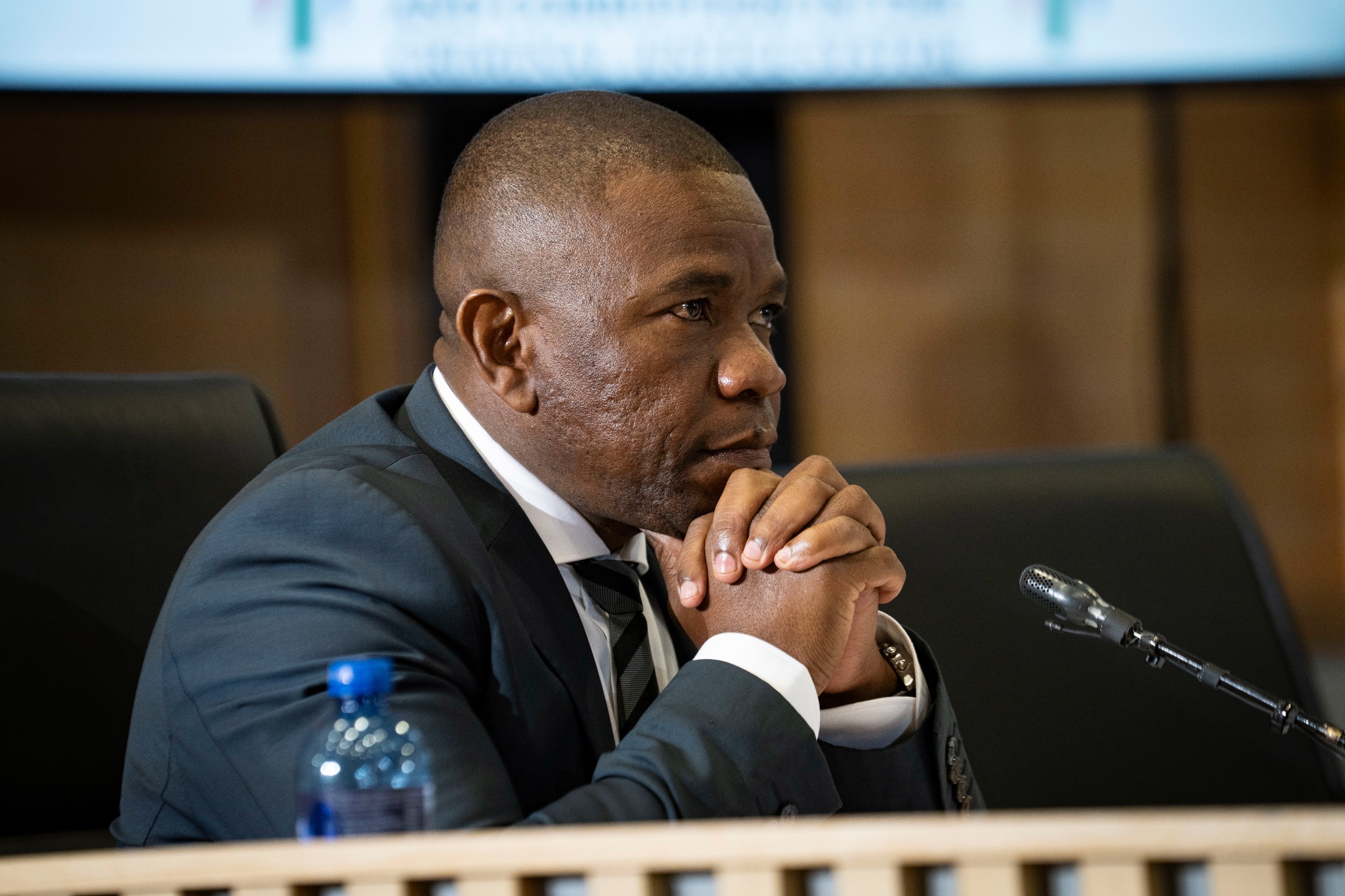News
Inside KZN’s War on Political Killings: Mkhwanazi Praises Task Team’s “Good Results” Amid Ongoing Challenges

A Battle Against Political Bloodshed
In a province long haunted by the spectre of political violence, KwaZulu-Natal Police Commissioner Lieutenant-General Nhlanhla Mkhwanazi says South Africans finally have something to be proud of. Speaking before a parliamentary committee this week, he praised the work of the Political Killings Task Team (PKTT), describing its results as “good work” that has saved lives and restored some measure of stability to a province once defined by political bloodshed.
The PKTT was established in July 2018 to stem the wave of politically motivated killings that plagued KZN, often linked to local elections, intra-party rivalries, and service delivery disputes. Since its formation, the task team has handled 612 case dockets, including murders, attempted murders, intimidation, and conspiracies to kill.
Their record speaks volumes: 436 suspects arrested, 156 firearms recovered, and 128 convictions, with 29 life sentences handed down. For a province where assassinations once felt like weekly headlines, these numbers represent genuine progress.
From KZN to the Eastern Cape and Gauteng
The success of the task team has not gone unnoticed. Mkhwanazi told the committee that the unit’s expertise led to it being deployed beyond KwaZulu-Natal, a rare move for a provincial team.
“The National Commissioner assigned the team to assist with investigations at the University of Fort Hare in the Eastern Cape and to support probes into organised crime in Gauteng,” Mkhwanazi said.
These interventions, he added, were coordinated by General Dumisani Khumalo, who simultaneously served as head of Crime Intelligence and project leader of the PKTT, a dual role that sparked questions during the hearing.
Chief evidence leader Advocate Norman Arendse SC queried whether one officer could realistically carry both responsibilities, but Mkhwanazi defended the arrangement as “a common trend” in the South African Police Service.
Fighting Corruption from Within
Perhaps the most telling aspect of the task team’s work is that it hasn’t only hunted politicians, it’s also cleaned house within the police ranks.
Mkhwanazi revealed that 35 SAPS members were arrested as part of PKTT investigations. One of the most shocking cases involved an officer who conspired with a parliamentarian in the murder of former ANC Youth League secretary-general Sindiso Magaqa, a case that remains symbolic of the toxic mix between politics and criminality in South Africa.
“It’s not easy to investigate those close to power,” one police source commented on social media following the hearing. “But the PKTT has shown that no one is untouchable.”
The Challenges Behind the Headlines
Despite its achievements, Mkhwanazi was candid about the ongoing challenges the task team faces among them internal corruption, political interference, and court delays that slow down prosecutions.
“There were cases where our work was deliberately frustrated,” he said, noting that suspects often used political influence or administrative loopholes to stall proceedings. Still, he credited the team’s persistence, saying it “continued to push through despite the obstacles.”
Public reaction to Mkhwanazi’s remarks has been mixed. While some praised the police for “doing something right for once,” others questioned whether the convictions are enough to stop the culture of political intimidation that resurfaces during election years.
Ahead of 2026: Keeping the Guard Up
With elections on the horizon, Mkhwanazi believes the PKTT remains crucial. “It still exists to date, and we’re quite happy with that fact,” he said. “Considering that we’re approaching elections, we wouldn’t want what used to happen in the past to start again.”
Political violence has long been a dark stain on KZN’s democracy, dating back to the bitter rivalry between the ANC and IFP in the 1980s and 1990s. While the nature of these killings has shifted, from inter-party warfare to internal power struggles, their impact remains devastating, often silencing grassroots leaders who speak out against corruption or mismanagement.
A Fragile Victory
The PKTT’s record suggests measurable progress, but it’s also a reminder that the fight against politically motivated crime is far from over. Each conviction marks justice for one family, yet hundreds of others still await closure.
For now, Mkhwanazi’s confidence offers a glimpse of hope: a belief that with the right focus, transparency, and community support, South Africa might finally be able to break its long cycle of political bloodshed.
Or as one KZN resident posted online after the hearing:
“We’ve buried too many councillors and activists. If the task team is working, keep it alive, because democracy can’t survive in fear.”
{Source: IOL}
Follow Joburg ETC on Facebook, Twitter , TikTok and Instagram
For more News in Johannesburg, visit joburgetc.com



























